Caprock Design + Build Blogs
Buildwise Journal
Caprock Design + Build Blogs
Buildwise Journal

How to Select the Right High-Performance HVAC Systems for Clean and Healthy Air
Welcome to the final week of our exploration into indoor air quality and health. This week, we turn our attention to the pivotal role of smart HVAC (Heating, Ventilation, and Air Conditioning) systems in maintaining clean and healthy indoor air.
Good air quality doesn’t just make a home more comfortable. It also protects the health of a home’s occupants, helping reduce the risk of cardiovascular, neurological, and respiratory issues poor air quality can cause.
However, maintaining healthy indoor air can often be easier said than done—particularly in dry, dusty, windy areas like the Texas Panhandle.
In this blog, we’ll explore how HVAC systems can impact air quality, as well as the importance of selecting and maintaining HVAC systems that prioritize air quality, comfort, and energy efficiency in high-performance homes.

How Do HVAC Systems Impact Indoor Air Quality?
High-performance HVAC systems play a central role in regulating indoor temperature, humidity levels, and air circulation. In high-performance homes, where airtight construction and energy-efficient design are prioritized, selecting the right HVAC system is crucial for ensuring optimal indoor air quality (IAQ) and occupant comfort.
HVAC systems not only provide a comfortable temperature year-round, but they also help manage air quality itself. Heating and cooling systems filter out contaminants and pollutants by continuously cycling and ventilating air, which regulates airflow and replaces stagnant air with fresh outdoor air.
Additionally, a properly maintained HVAC unit helps manage humidity levels inside a home. High humidity levels can contribute to the growth of mold and mildew, creating the perfect environment for bacteria and viruses to thrive. Even in regions where humidity levels are relatively low outdoors, indoor air humidity should be regularly monitored, particularly in bathrooms and kitchens.

4 Benefits of High-Performance HVAC Systems
1. Improved Indoor Air Quality
As mentioned above, high-performance HVAC systems effectively remove airborne contaminants, allergens, and pollutants, promoting a healthier indoor environment for occupants. Investing in clean indoor air isn’t always top of mind for homebuilders, but considering the role it plays in occupants’ long-term health, it should always be a high priority.
READ: The Impact Air Quality Can Have on a Home Occupant’s Health
2. Enhanced Comfort
Proper temperature and humidity control, combined with advanced ventilation features, contribute to enhanced comfort and well-being for residents. This is especially the case for areas with temperamental climates, sweltering summers and icy winters, and unpredictable storm seasons.

3. Energy Efficiency
Smart HVAC systems aren’t just good for the air. They’re also good for the homeowner’s wallet. These systems help reduce energy consumption and utility costs while minimizing environmental impact, making them sustainable choices for high-performance homes.
4. Long-Term Durability
Investing in smart HVAC systems and regular maintenance ensures long-term durability, reliability, and performance, prolonging the lifespan of the system and minimizing repair costs. The average unit lasts between 10-15 years, but well-maintained, high-performance HVAC systems can last 25 years or longer.

Key Considerations for Smart HVAC Systems
Not all HVAC systems provide the same benefits. When searching for a system for a home, keep these key considerations in mind:
1. Air Filtration
Choose HVAC systems equipped with high-efficiency air filters, such as HEPA (High-Efficiency Particulate Air) filters, to capture airborne particles, allergens, and pollutants, thereby improving IAQ and promoting respiratory health.
The U.S. Environmental Protection Agency recommends a dust-spot rating of 35-80% for air filters. The higher the dust-spot rating, the more protection the filter provides for both the equipment and the occupants. You can also shop based on the filter’s Minimum Efficiency Rating Value (MERV). Aim for a MERV between 8-13.
2. Ventilation
Opt for HVAC systems with integrated ventilation components, such as energy recovery ventilators (ERVs) or heat recovery ventilators (HRVs), to ensure adequate air exchange and minimize indoor air stagnation.
When possible, ensure your ventilation system has more filter surface area. This cuts your cost for the number of filter changes needed yearly. Additionally, it reduces static pressure loss, which can save you money by reducing the amount of power required for fans and blowers.

3. Humidity Control
Humidity can impact the effectiveness and lifespan of traditional HVAC systems. In high-humidity areas, the air feels warmer than it really is, which can cause the unit to work longer and harder than needed. Condensation from high humidity can also lead to corrosion and damage the system over time.
Low humidity can be a problem as well. Low humidity makes the air feel cooler, which forces the system to work overtime to compensate. This not only puts strain on the HVAC system but also raises energy costs. Additionally, low humidity increases static electricity, which can damage the unit.
To solve both of these issues, select HVAC systems with built-in humidity control features or integrate standalone dehumidifiers. This will maintain optimal humidity levels (ideally between 30-50%), prevent mold growth, enhance occupant comfort, and improve the longevity and efficiency of your HVAC system.
4. Zoning and Smart Controls
Where your HVAC units are placed can impact how well they work and your energy costs as well. It’s always recommended to use central HVAC units that manage multiple rooms, rather than individual unit ventilators or heat pumps.
Another good idea is to implement zoning systems and smart thermostats. These allow you to customize temperature settings and airflow distribution throughout different zones of the home, maximizing comfort and energy efficiency.
5. Regular Maintenance
Your HVAC system can’t perform efficiently if it isn’t well maintained. Schedule routine maintenance and inspections for HVAC systems to ensure optimal performance, air quality, and energy efficiency. To address any issues promptly and prevent potential IAQ problems, it’s a good idea to regularly inspect:
Refrigerant level
Air filter cleanliness
Motor voltage
Wiring and ducts
Blower component cleanliness
Coils
The drain pan
For homeowners, hiring an HVAC company is a simple solution that won’t require much lift on your end. You should have your unit expected at least once a year.

Features Every High-Performance HVAC System Should Have
According to the EPA, all air handling units should contain these features:
A double-sloped drain pan to prevent standing and stagnating water
A non-corroding drain pan made from stainless steel or plastic
Easy access doors with hinges and quick-release latches
A double wall cabinet to protect insulation from moisture and mechanical damage
A tightly sealed cabinet to prevent pressure changes from air leaks
Double wall doors with gaskets for better thermal and acoustic insulation
Minimum 2-inch thick filter slots to protect the unit from the environment
Air filter assemblies (racks and housings) designed for minimum leakage
An air filter monitor with a differential pressure gauge to indicate static pressure drops
Corrosion-resistant dampers and links to withstand weather and corrosion
There’s a significant difference between traditional HVAC systems and smart, high-performance HVAC systems. Not only will smart HVAC systems perform better and save you money in the long run, but they also typically last longer and have additional features that make them more convenient.
The key difference between HVAC systems that contain the bare minimum (just the features listed above) and a smart HVAC system is that smart systems also offer:
Smart thermostats that adapt to your climate, temperature changes, and custom energy usage
A remote control so you can adjust them easily
Integration with smart buildings, where they work seamlessly with smart lighting and security systems

Use Smart HVAC Systems to Ensure Every Home You Build or Live in Contains Clean, Healthy Indoor Air
It's clear that selecting the right HVAC system and implementing proper maintenance practices are essential for optimizing indoor air quality and occupant comfort in high-performance homes.
By prioritizing air filtration, ventilation, humidity control, smart technology, and energy efficiency, homeowners can create living spaces that not only meet the highest standards of comfort and well-being but also contribute to a healthier, more sustainable future.
Dreaming of a home that checks every box? Make it a high-performance home with Caprock Design + Build. From smart HVAC systems to passive home design, our team goes above and beyond to ensure each aspect of your home is energy-efficient and practical while still meeting your unique needs.
Schedule a consultation now to get started!

